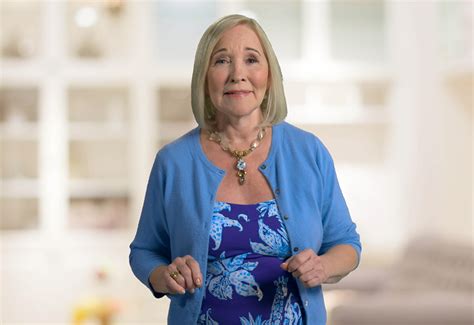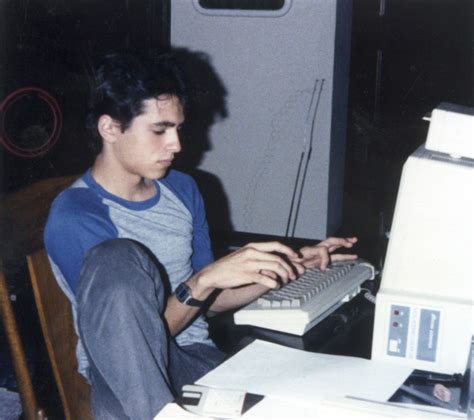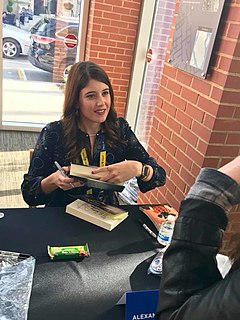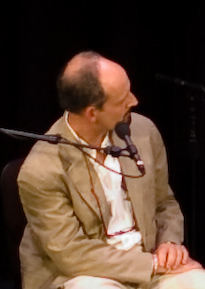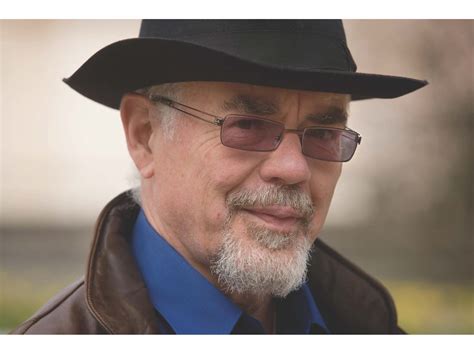A Quote by Richard Lewontin
An ecosystem, you can always intervene and change something in it, but there's no way of knowing what all the downstream effects will be or how it might affect the environment. We have such a miserably poor understanding of how the organism develops from its DNA that I would be surprised if we don't get one rude shock after another.
Related Quotes
Your emotions are your inner guidance system. They alone will let you know whether you are living in an environment of biochemical health or in an environment of biochemical distress. Understanding how your thoughts and your emotions affect every single hormone and cell in your body, and knowing how to change them in a way that is health-enhancing, gives you access to the most powerful and empowering health-creating secret on earth.
Pain is important: how we evade it, how we succumb to it, how we deal with it, how we transcend it. ... pain will always either change or stop. Always. ... The confidence that it will change is what makes bearing it possible. So pain is fluid. It is only when you conceive of it as something static that it is unbearable.
That's the argument of flexibility and it goes something like this: The Constitution is over 200 years old and societies change. It has to change with society, like a living organism, or it will become brittle and break. But you would have to be an idiot to believe that. The Constitution is not a living organism; it is a legal document. It says something and doesn't say other things.
There seems to be something in the zeitgeist, and maybe it's a function of - I'm no analyst, nor am I a psychologist - when you look at things and say, What if I could go back and change things? I think we live in a world right now where people are asking those questions a lot. What if we could go back and change what we did? How would we change the way we handled things in the Middle East, and how would we change things with the banking industry, and how would we change economic and educational issues?
If someone was to introduce hope and idealism into our political system, I think the tension that would create in other areas would certainly be ripe. You would think that if you bring oxygen to the organism, the organism lives. But there may be other organisms in there that thrive in darkness and in a more anaerobic environment. Watching those creatures writhe will always be interesting.
That machines will surpass us in intelligence is inevitable. What it means is unknowable. Will they be sentient? What will they care about in the sense that determines our human motivations? All the theorizing by the experts and non-experts makes for interesting conversations and dramatic headlines, but it's more likely we will be surprised by how our technology develops and how it is used, as we so often are.
Life isn’t fair." I said. "It’s taken me a while to get that. It’s always going to disappoint you in some way or another. You’ll make plans, and it’ll push you in another direction. You will love people, and they’ll be taken away no matter how hard you fight to keep them. You’ll try for something and won’t get it. You don’t have to find meaning in it; you don’t have to try to change things. You just have to accept the things that are out of your hands and try to take care of yourself. That’s your job.

